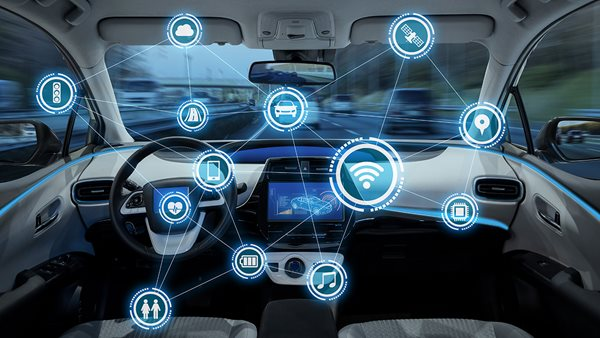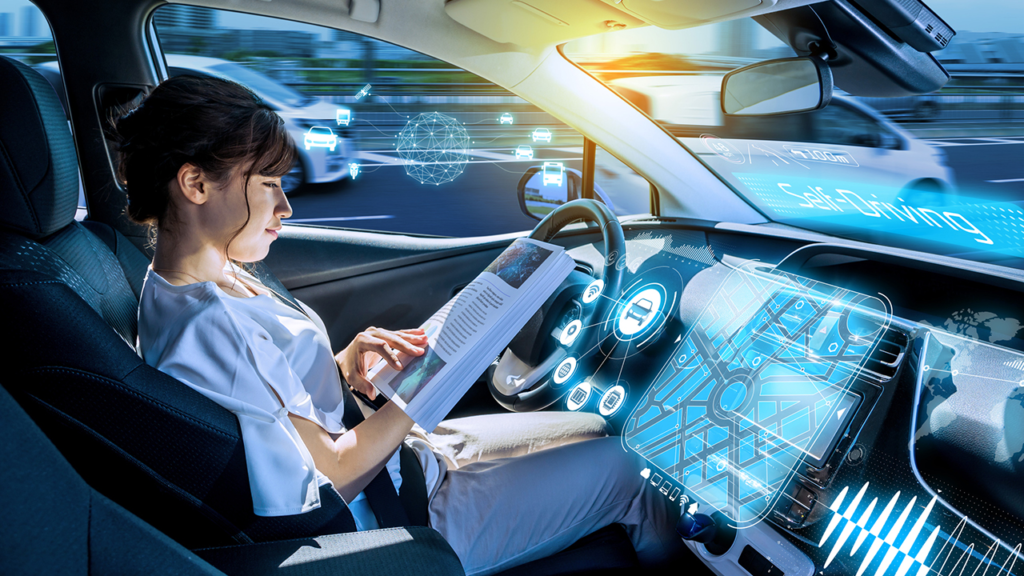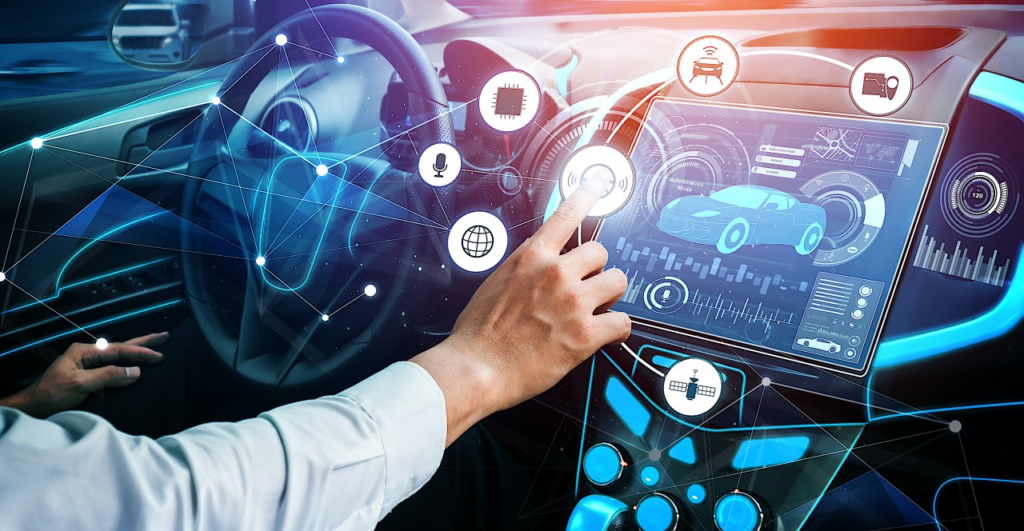Welcome to the fast-paced world of connected car technologies! Buckle up as we take a thrilling ride through the top innovations shaping the future of vehicles in 2024. From advanced safety features to self-driving capabilities, get ready to discover how cars are becoming smarter and more connected than ever before. Join us as we explore the cutting-edge technologies revolutionizing the automotive industry and paving the way for a new era of driving experience.

Why Are These Technologies Relevant?
Imagine a world where your car is not just a mode of transportation but an intelligent companion. The technologies transforming cars into connected devices are more relevant than ever before. With the rise of 5G connectivity, vehicles can communicate faster and more efficiently with each other and the surrounding infrastructure, enhancing safety on the road.
Artificial intelligence plays a crucial role in making split-second decisions while driving, improving efficiency, and personalizing the driving experience. Advanced safety features like collision avoidance systems and lane departure warnings provide an extra layer of protection for drivers and passengers alike.
Self-driving cars represent the future of mobility, offering convenience and potentially reducing accidents caused by human error. These technologies are revolutionizing the automotive industry as we know it, paving the way for smarter, safer, and more efficient vehicles on our roads.
5G Connectivity and Its Impact on Connected Cars
5G connectivity is revolutionizing the automotive industry, especially in the realm of connected cars. With its ultra-fast speeds and low latency, 5G paves the way for a seamless connection between vehicles, infrastructure, and other devices on the road.
This enhanced connectivity enables real-time sharing of data which improves navigation systems, traffic management, and overall driving experience. Imagine being able to receive instant updates on road conditions or upcoming hazards directly to your vehicle’s dashboard.

Furthermore, 5G allows for more efficient software updates and maintenance processes over-the-air. This means fewer trips to the service center and quicker fixes for any issues that may arise with your smart car.
As 5G continues to expand its coverage globally, we can expect even more innovative features and services to be integrated into connected cars in the near future.
Artificial Intelligence in Connected Cars
Artificial Intelligence (AI) plays a significant role in the advancement of connected cars technology. By integrating AI into vehicles, manufacturers can enhance driver assistance systems, optimize route planning, and personalize the driving experience.
One key application of AI in connected cars is predictive maintenance. Through machine learning algorithms, vehicles can predict when components may fail and alert drivers before issues arise. This proactive approach helps prevent breakdowns and ensures smoother journeys.
Moreover, AI-powered virtual assistants like voice recognition systems allow drivers to control various functions hands-free, promoting safer driving practices. These assistants can provide real-time traffic updates, suggest alternate routes to avoid congestion, or even adjust climate settings based on individual preferences.
Artificial intelligence continues to revolutionize the automotive industry by making vehicles smarter and more intuitive than ever before. As technology advances further in 2024 Car Tech initiatives will undoubtedly push boundaries for more innovative applications of AI in connected cars.
Advanced Safety Features in Connected Cars
Advanced safety features in connected cars are revolutionizing the driving experience. With technologies like automatic emergency braking and lane departure warnings, drivers can feel more secure on the road. These systems use sensors and cameras to detect potential hazards and assist in preventing accidents.
Moreover, connected cars can alert emergency services in case of a crash, providing crucial information for a faster response time. Features such as adaptive cruise control help maintain a safe distance from other vehicles, reducing the risk of rear-end collisions.

Additionally, advancements in vehicle-to-vehicle communication allow cars to share data about road conditions and traffic patterns, enhancing overall safety on the roads. With these innovative technologies working together seamlessly, the future of driving looks brighter than ever before.
Self-Driving Cars: Progress and Challenges
Self-driving cars have been a hot topic in the automotive industry, promising a future where vehicles can navigate without human intervention. The progress made in this field is impressive, with companies like Tesla and Waymo leading the way in developing autonomous driving technology. These advancements bring exciting possibilities for safer roads, reduced traffic congestion, and improved transportation accessibility.
However, despite the progress, self-driving cars still face significant challenges. One major obstacle is ensuring the safety and reliability of these vehicles in all driving conditions. Issues such as unpredictable road situations, regulatory hurdles, and public acceptance continue to pose challenges for widespread adoption of autonomous vehicles.
Despite these obstacles, continued research and development are pushing self-driving technology forward. As we look towards 2024 and beyond, it will be fascinating to see how these challenges are overcome and how self-driving cars become an integral part of our daily lives.
The Future of Connected Car Technologies
As we look towards the future of connected car technologies, it’s clear that innovation is accelerating at a rapid pace. Advancements in vehicle connectivity are paving the way for smarter and more efficient transportation solutions. From advanced driver assistance systems to fully autonomous vehicles, the possibilities seem endless.
Imagine a world where cars communicate seamlessly with each other and with infrastructure to optimize traffic flow and enhance safety on the roads. With the integration of artificial intelligence and machine learning algorithms, vehicles can make split-second decisions to prevent accidents and improve overall driving experience.
Moreover, 5G connectivity will revolutionize how cars interact with their surroundings, enabling real-time data exchange for enhanced navigation, entertainment, and communication capabilities. The future of connected car technologies holds immense potential to transform not only how we drive but also how we live our lives on the go.
Conclusion
Connected car technologies have come a long way in revolutionizing the automotive industry. With advancements in 5G connectivity, artificial intelligence integration, advanced safety features, and progress towards self-driving cars, the future of connected vehicles looks promising.
As we look ahead to 2024 and beyond, it is clear that smart car features will continue to evolve rapidly. The intersection of technology and transportation is creating a new era of innovation that will not only enhance our driving experience but also improve safety on the roads.
Stay tuned for more exciting developments in connected car technologies as we move towards a more connected, efficient, and safe driving ecosystem. The possibilities are endless as we embrace the future of car technology!
For more such content, keep visiting QAWire
